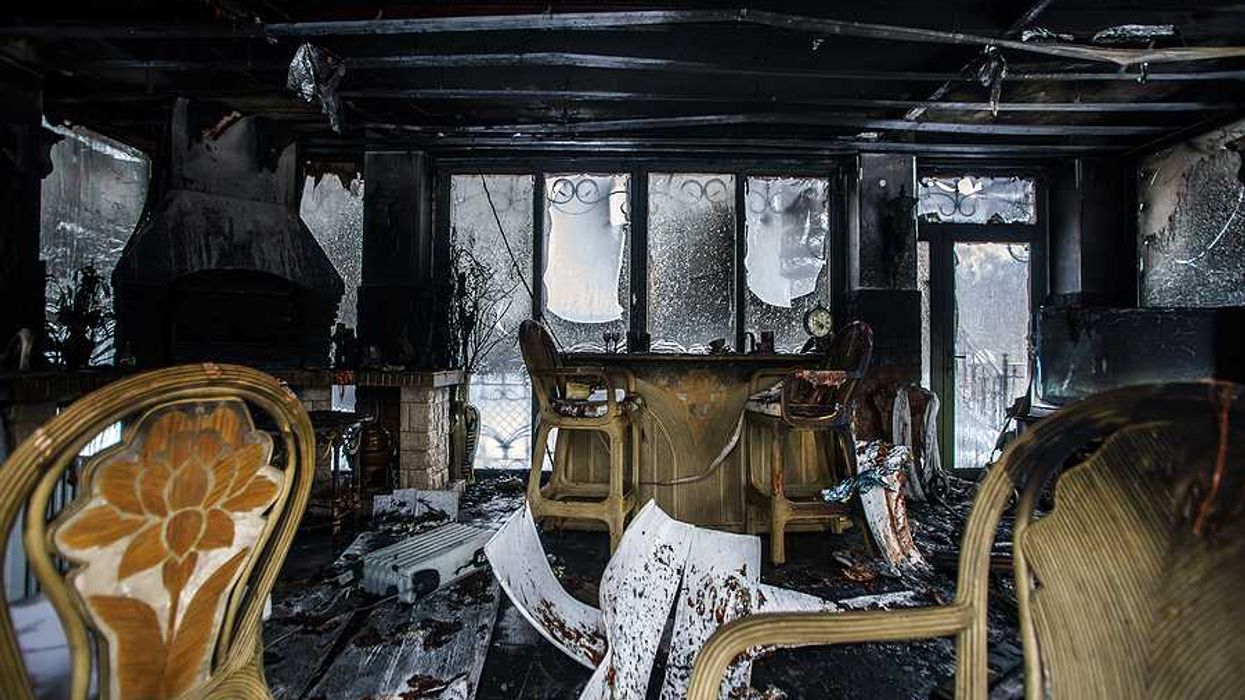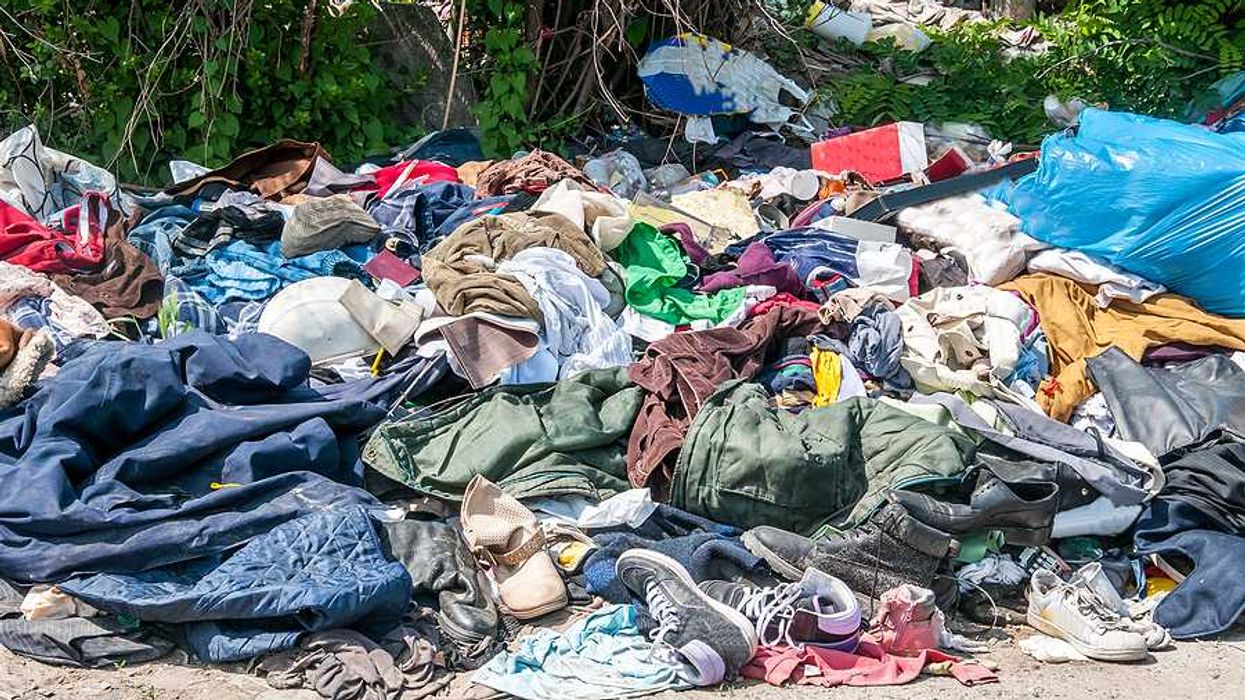In Prichard, Alabama, a deteriorating water infrastructure leads to significant water loss, exacerbating challenges in an already struggling community.
Tammy Webber reports for the Associated Press.
In short:
- Prichard loses more than 60% of its purchased drinking water due to failing infrastructure, affecting the city's finances and residents' bills.
- Similar issues affect various U.S. cities, with billions of gallons of water lost annually, leading to higher costs and potential health risks.
- Experts cite deferred maintenance and financial constraints as major hurdles to addressing the crumbling water systems in poorer, shrinking communities.
Key quote:
“I always tell people ... follow the dollars and where they’re going and what communities they are going in, and you will find that in most states ... the underserved and underrepresented communities are not getting those dollars."
— Prichard mayor, Jimmy Gardner
Why this matters:
The state of Prichard's water system is a dire example of a larger, national issue where aging infrastructure leads to massive water loss, imposing financial and health burdens on already vulnerable populations. Clean water and the means to deliver it are vital to public health.














